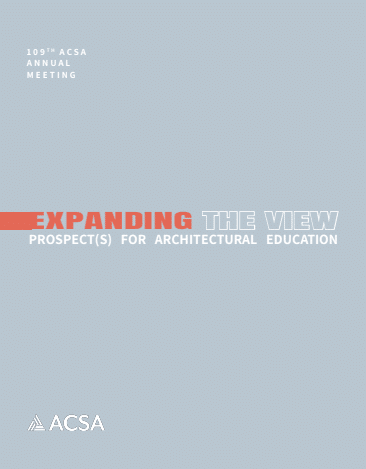Author(s): David Karle, & Lindsey Bahe
In response to the realities of the COVID-19 pandemic, a new pilot program at the University of Nebraska-Lincoln, College of Architecture was established in partnership with local design professionals by identifying opportunities to engage a diverse student population inclusively. Due to the reduction in internships, the pilot program provided an equitable educational experience to all students regardless of academic level, academic performance, previous work experience, financial ability, or geographic location while allowing them to maintain their academic paths to graduation. The partnership provided students a three-week remote professional summer experience through a series of three one-credit sessions, including eleven sub-themes. The pilot program was established for two student groups. The first is upper-level students who are required to obtain internship experience before graduation but could not get these internships due to COVID-19. Another target group was students early in their educational careers who were interested in getting a firsthand look into practice by engaging with a multi-disciplinary professional design office. The course structure employs inclusive strategies for students at various academic levels and physical locations to participate in the class and with professionals remotely. Because of this the developmental team believes the course experienced rapid interest and enrollment within a brief timeframe, suggesting strong student interest in having access to and engagement with professionals they previously lacked. This emerging professional participation model for accessible learning in diverse student groups cultivated inclusive excellence, providing impactful learning experiences about design practice with professional design communities to student populations who would otherwise have limited engagement opportunities and access to these communities.
https://doi.org/10.35483/ACSA.AM.109.61
Volume Editors
ISBN
978-1-944214-37-1

 Study Architecture
Study Architecture  ProPEL
ProPEL 
